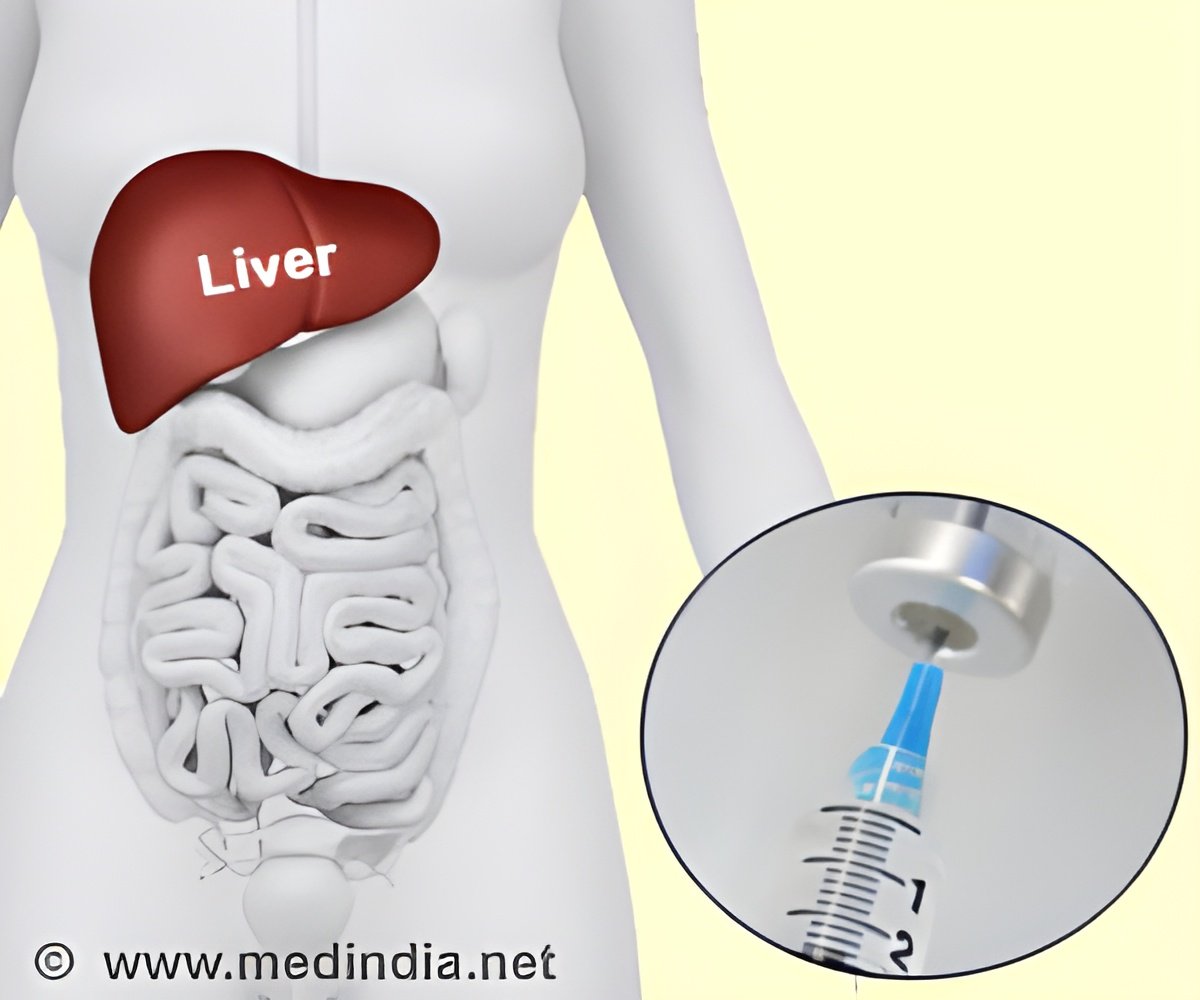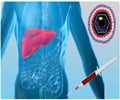In India, food and water are contaminated, and less said the better about sanitation and hygiene. Such factors lead to the prevalence of Hepatitis A and E.

"The worst thing about having such a huge burden of hepatitis is that they are preventable. In fact, it is possible to totally eliminate the disease by observing some precautions," informed Dr Abhiram Paranjape, gastroenterologist.
Majority of the patients with these infections consulted doctors only when the disease has progressed to a stage where the liver is beyond saving, said Dr Manoj Vyawahare. "To make matters worse, the general awareness about them is so low that despite the doctor recommending it, relatives of patients opt out of being screened for the diseases themselves," he informed. Universal screening programs for hepatitis is needed especially among high risk groups like blood donors.
All pediatricians have started recommending all parents to get their kids vaccinated for Hepatitis B. "This is also important as population studies show about 4-5% of Indian population showed presence hepatitis B virus," added Dr Paranjape.
"Being a country where food and water is contaminated and sanitation and hygiene are questionable, it is no surprise that hepatitis A and E are prevalent. However, what is of most concern to me is the high number of alcohol induced hepatitis patients I see. Most of these are in their 30s and 40s. Several years of binge drinking does irreversible damage to their liver and they end up with chronic liver problems, cirrhosis or even cancer," said gastroenterologist Dr Amit Agrawal.
Source-Medindia















